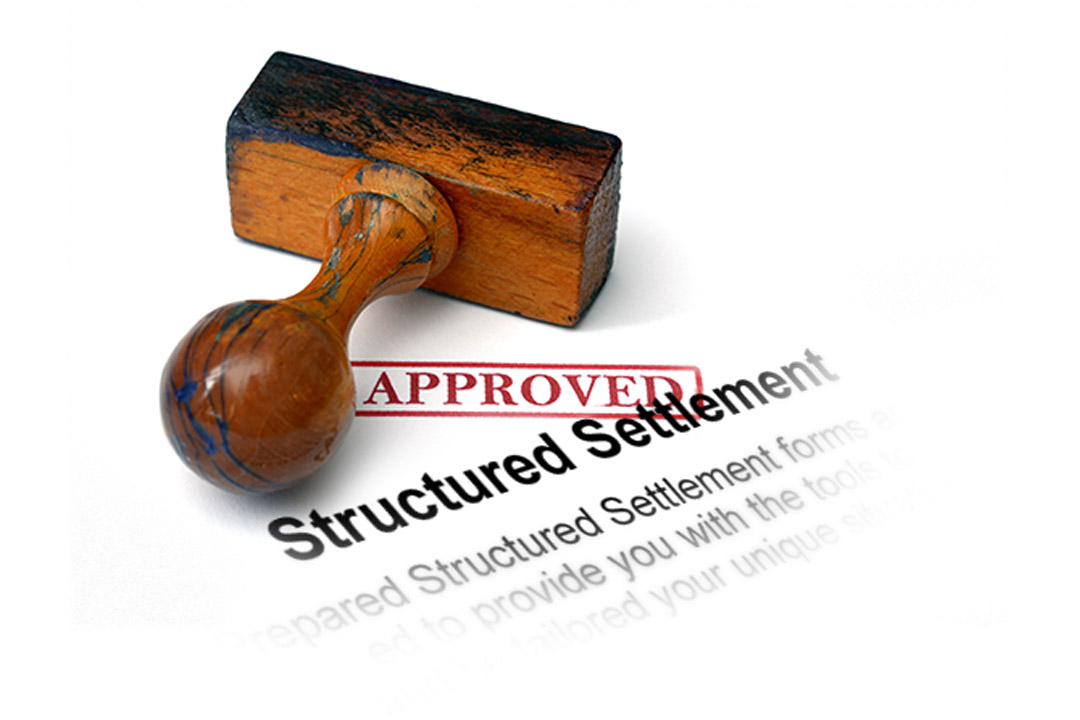Accounting For Structured Settlements & Annuity Company – Learn The Journal Entries For Structured Settlement Annuities Purchaser From A Life Insurance Company
According to Wikipedia, “A structured settlement is a negotiated financial or insurance arrangement whereby a claimant agrees to resolve a personal injury tort claim by receiving some part of the settlement in the form of periodic payments on an agreed schedule, rather than as a lump sum.”
Let’s paint a scenario here: Mike was injured in an Auto accident which he filed a suit in court asking for compensation. After hearing, he was awarded $390,000 as compensation receivable from the other driver, the cash of $390k, when paid into his account, is tax-free; not subject to tax deductions. But if he decides to invest the money in a fixed deposit account, earnings on that principal is subject to tax.
Now, here is the main part of this scenario, Mike may say, No! I don’t want the payment in full but a structured settlements, that means he will be paid over a term of years or lifetime, by law the payment is tax-free. Thus, the structured settlement or annuity has helped him convert the earnings which could have been taxable to a tax-free payment.
How Structured Settlement Works
In this type of annuity, you don’t own the policy, rather the defendant sends the cash for the structure to a life insurance company’s subsidiary who then buys the annuity, hold the policy and make periodic payment into your account as agreed initially.
The life insurance company handling the structured settlement pays a broker to run a payment projections over a term of years or for a lifetime. As a beneficiary, you can even say no to the annuities for a specified period, may 10-15 years and request for payments thereafter as a way to fund your retirement.
The subsidiary that buys the policy from her parent insurance company is the structured settlement annuity company.
Accounting Treatment of Structured Settlement Annuities
The buyer is expected to recognise the policy as a liability in the statement of financial position, hence Dr Bank account on receipt of the annuity and CR Liability with the value of the policy. Thereafter, the bank will be credited on payment of structured settlements to the beneficiary while annuity expense account debited.
Hope you find this accounting treatment for structured settlements annuities useful? Read more tips on accounting treatment for business transactions here

